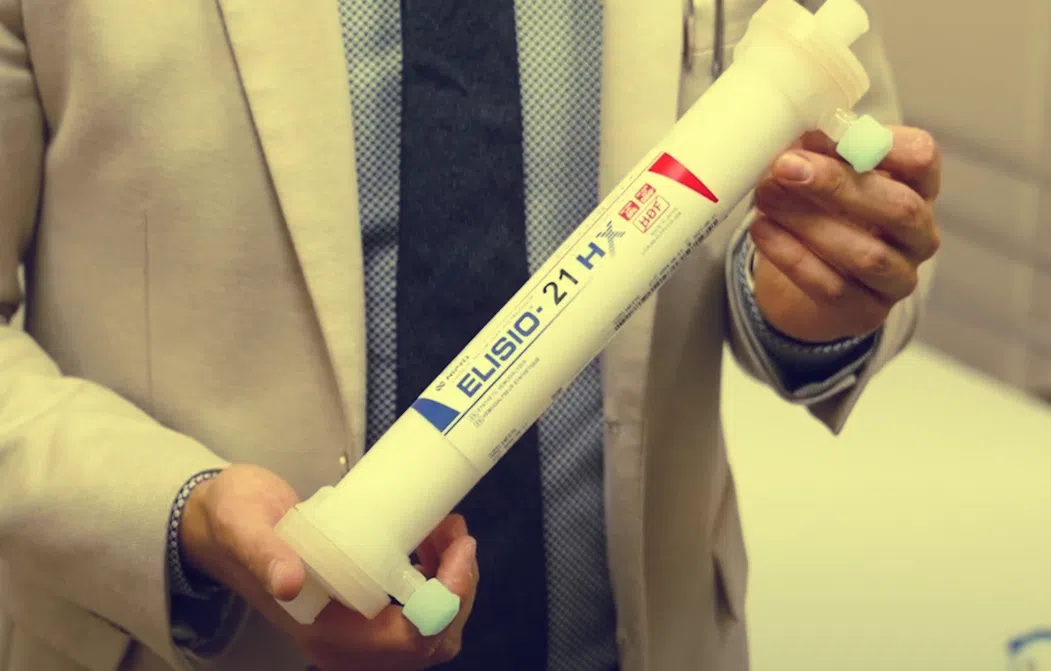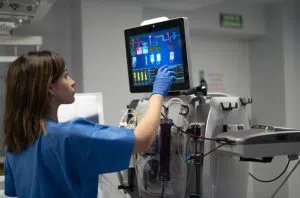A London led clinical trial is testing a new dialysis filter that researchers hope will help people with kidney failure live longer and avoid hospital stays.
The five-year study, called DIALEX, will enrol up to 4,800 patients in more than 100 dialysis units across Canada. It compares the standard hemodialysis filter with the Elisio HX, a newer model developed by Japanese manufacturer Nipro.
The trial uses a computer program to assign participants.
“We let a computer decide which one (filter) people will continue their dialysis treatment with, and we follow them for many years,” said Dr. Pavel Roshanov, a nephrologist and scientist at London Health Sciences Centre Research Institute.
The study’s design keeps costs low and makes it easier for patients in smaller communities to take part.
“We use national databases that track hospitalization rates and doctor’s office visits and mortality. We use these databases to pick up the signals on whether there is actually a difference between one group or the other. And we use that patient’s health card numbers to do that. This kind of design allows us to deliver the study at a much lower cost,” Roshanov said.
Roshanov added: “We’re able to deliver this kind of study for much less than that. So on the order of two million dollars or less, over the course of five years, it was quite an efficient design. Even people getting dialysis at a small hospital two hours from a major center can participate.”
Adobe Stock
If the trial delivers the hoped results, the standard care will quickly change.
“If we deliver a big trial like this and it shows benefit, it will change the standard of care quickly. It will become standard practice to use these new forms of dialyzers. And with that, we hope we will see the rates of mortality and morbidity drop in people needing dialysis to live,” Roshanov said.
He also noted the price difference between the standard and newer filters.
“They’re probably somewhere in the range of three times or more expensive for a program to use these newer filters than the older ones that we’ve been using for twenty plus years,” he said.
The newer filters are already available in Europe, the United States, Japan and Canada.


